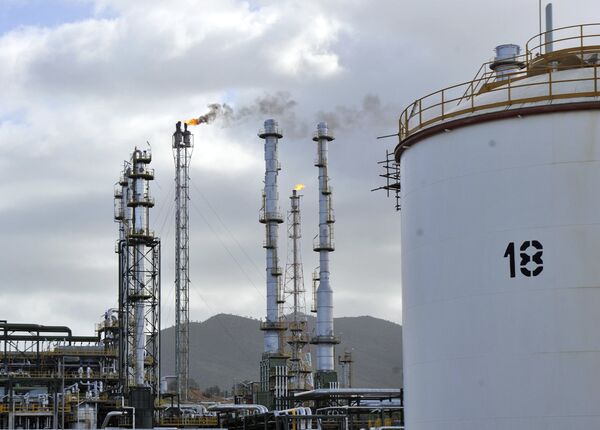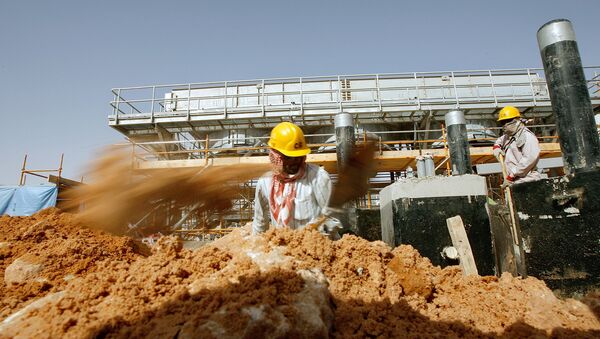One of the hardest-hit countries is Algeria. On Tuesday, the North African country's President Abdelaziz Bouteflika called for broad support for an economic reform package designed to tackle a public budget deficit that resulted from the lower oil price.
Oil and gas exports currently account for 60 percent of Algeria's budget, and the government wants to develop non-energy industries and make cuts to social spending.
"Our country faces a huge reduction in its external earnings and a deterioration in its balance of payments, even if it retains its sovereignty in social and economic decisions," Bouteflika said in a written message on the 65th anniversary of Algeria's independence from France.
"I renew my call for the people to work for and implement in a sovereign manner, the necessary economic reforms."

In the short term, Riyadh is cutting public spending and removing subsidies. Last month, it was reported that a so-called "sin tax" has been levied on certain goods such as cigarettes and carbonated drinks, increasing the prices by up to 100 percent.
Saudi Arabia is also mulling a move to deport several million illegal migrants in order to provide more jobs for Saudi nationals.
Venezuela has the largest proven oil reserves in the world, estimated at 300,000 billion barrels. However, Venezuela's oil output fell to 1.956 million barrels per day in April, down more than 15 percent from 2015 levels.
Despite this, recent data from the US Energy Information Administration (EIA) has provided some good news for oil producers and investors, showing a recent decrease in US oil stocks. Crude oil inventories slumped by 6.3 million barrels in the week to June 30 to 502.9 million barrels, the lowest since January and the first time this century that US total oil inventories fell in the March-June period.



